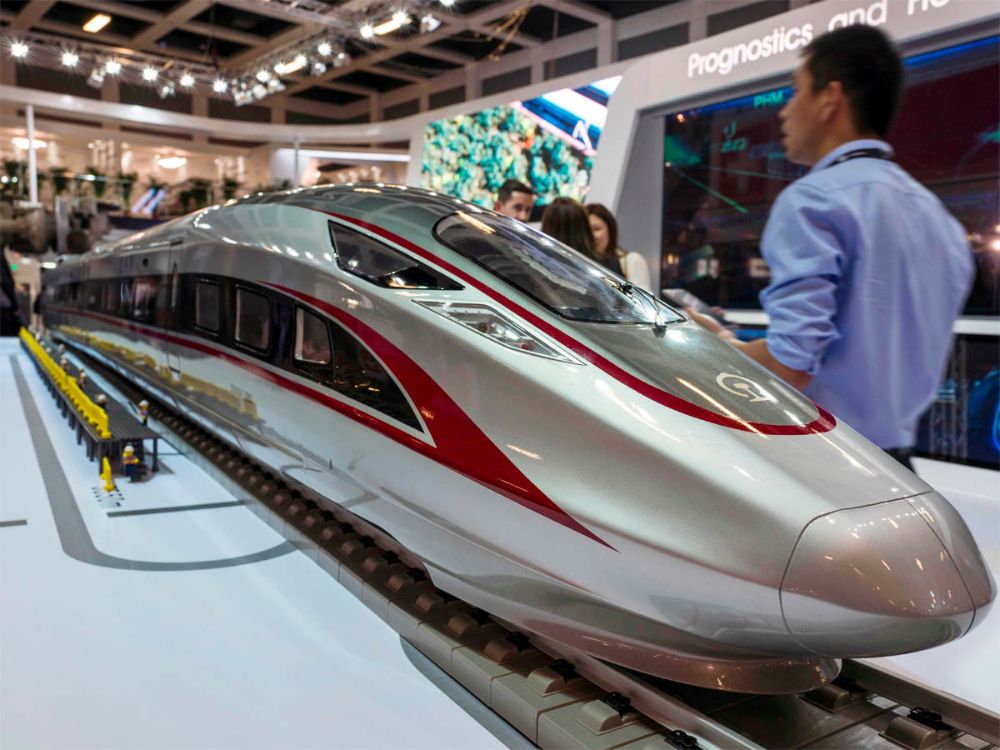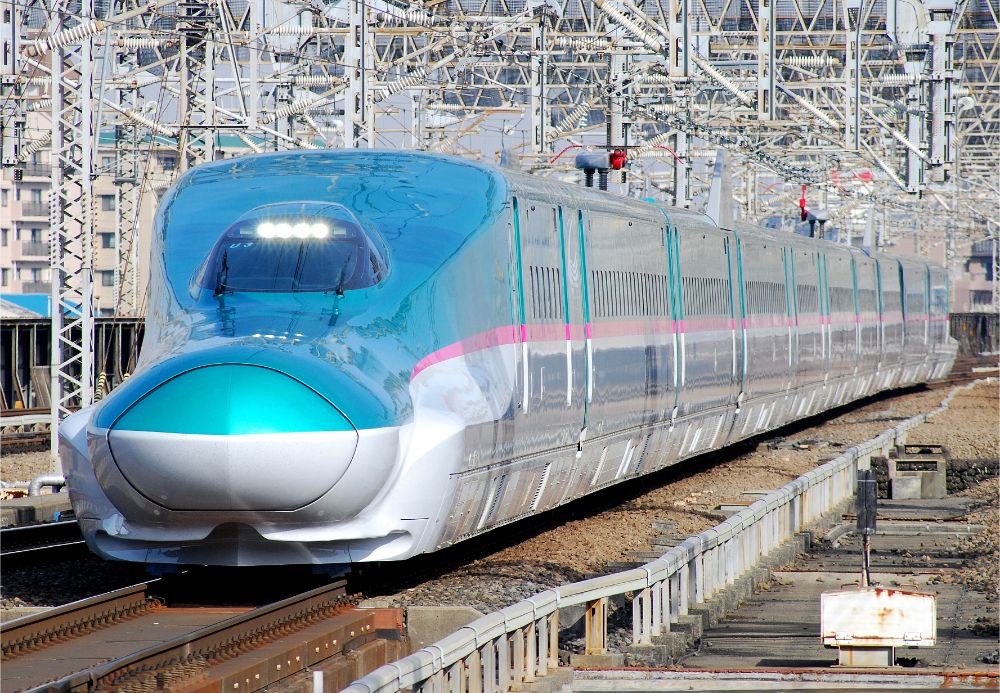India has initiated the development of a domestically manufactured bullet train capable of surpassing speeds of 250 kilometres per hour (kmph), as revealed by a senior government official to The Economic Times. This ambitious project, built upon the Vande Bharat platform and engineered to achieve speeds up to 220 kmph, is poised to outpace the velocity of any existing Indian Railways trains.

Design and Development
The Integral Coach Factory (ICF) in Chennai has undertaken the design process, leveraging indigenous technology and manufacturing prowess to craft this high-speed marvel. Integrating cutting-edge domestic technology, the project aims to revolutionise rail travel in the country. Notably, the Mumbai-Ahmedabad High-Speed Rail project, supported by the Japan International Cooperation Agency (JICA), has already completed essential groundwork including pier construction and land acquisition.
Japanese Collaboration and Technological Integration
Drawing from the expertise of Japanese engineering, the forthcoming bullet trains will incorporate advanced Shinkansen E5 series technology, renowned for its capability to reach speeds of up to 320 kmph. This technology infusion is particularly earmarked for the Ahmedabad to Mumbai route. By adopting Japanese innovations, India aspires to elevate its rail network to global standards. The focus remains steadfast on enhancing the speed and efficiency of Indian Railways, with the proposed Vande Bharat trains promising superior acceleration compared to existing bullet train models.

Expansion and Integration
These indigenous bullet trains are slated to operate across recently announced north, south, and east corridors, underscoring a commitment to harnessing more domestic technology and manufacturing capabilities. This expansion complements the existing Western Corridor, developed through Japanese collaboration. The Mumbai-Ahmedabad High-Speed Rail project, a hallmark of this partnership, is receiving substantial financial support from JICA. The National High-Speed Rail Corporation Ltd (NHSRCL) is spearheading the project’s implementation and has made significant strides, including the completion of 300km of pier work and securing land acquisition for the entire 508 km stretch as of January.

The development of indigenously built bullet trains symbolises India’s determination to modernise its railway infrastructure and propel its transportation sector into the future. By amalgamating domestic expertise with international collaboration, India aims to not only enhance connectivity but also foster technological self-reliance in this critical domain. As these projects unfold, they hold the promise of transforming India’s rail network and ushering in a new era of high-speed, efficient transportation.
